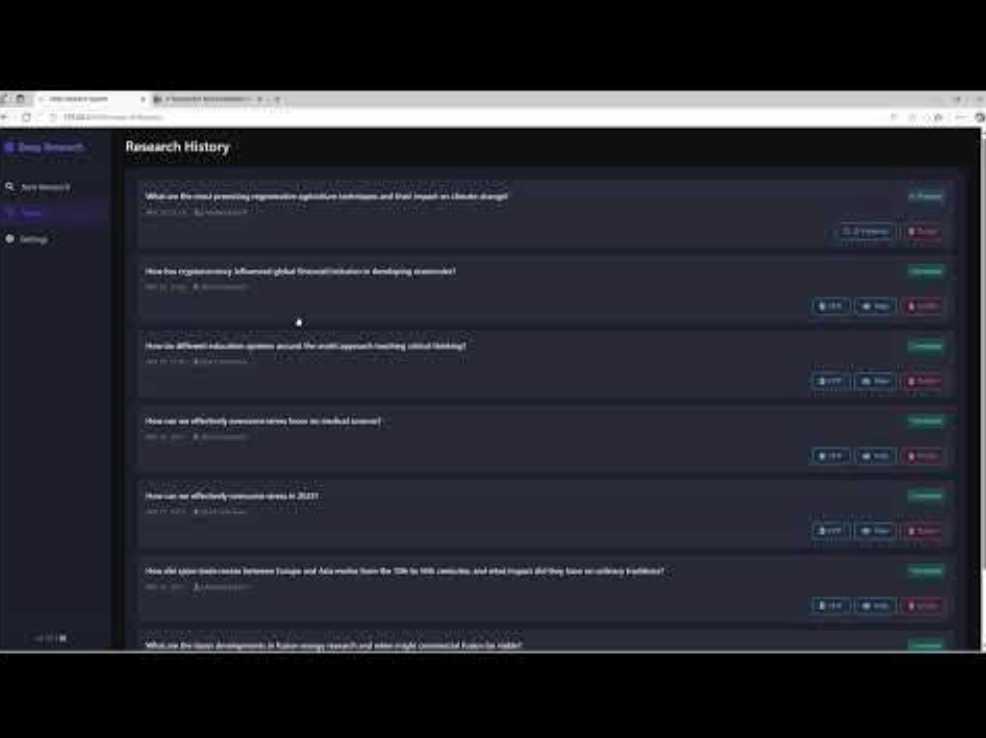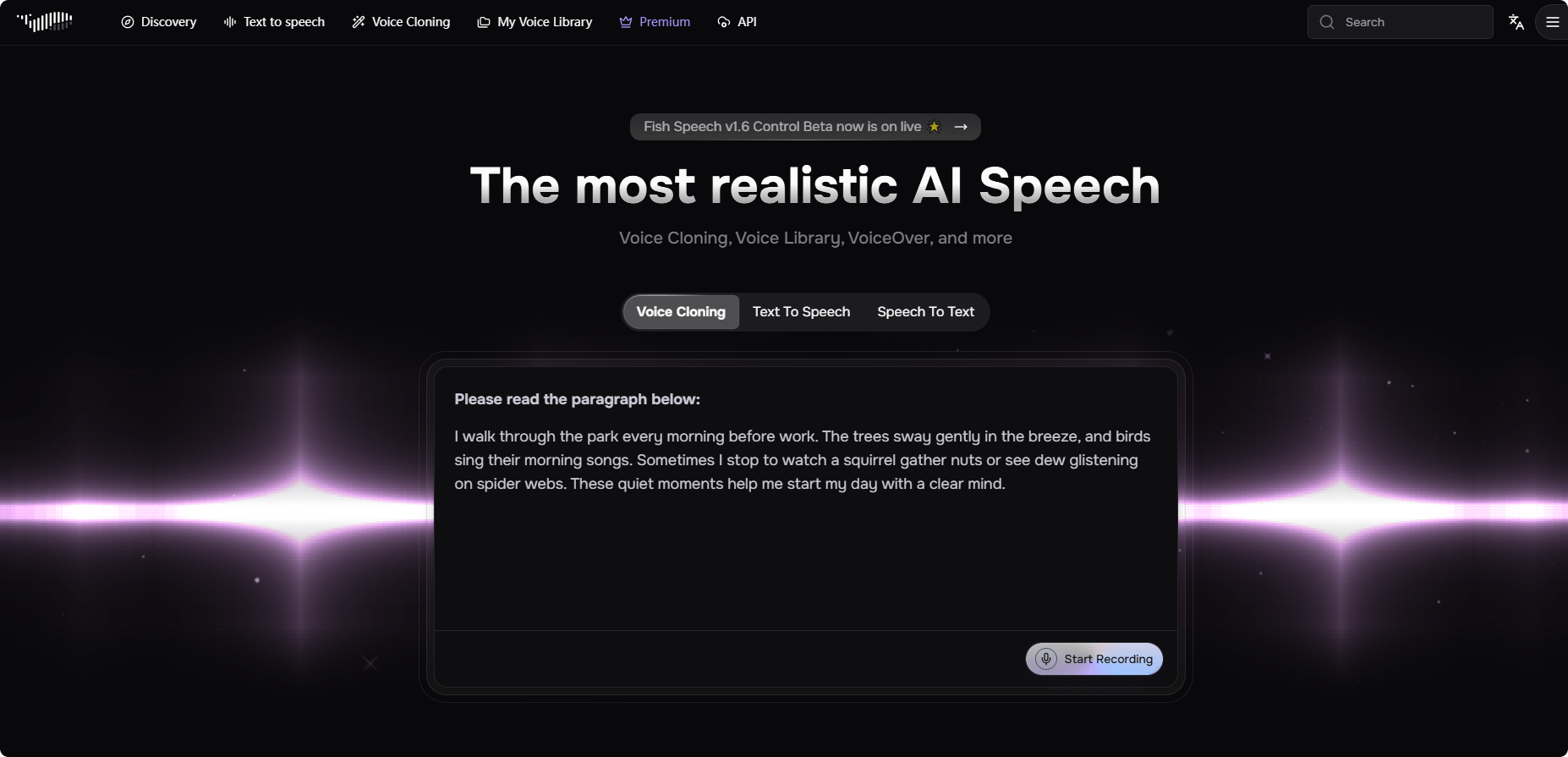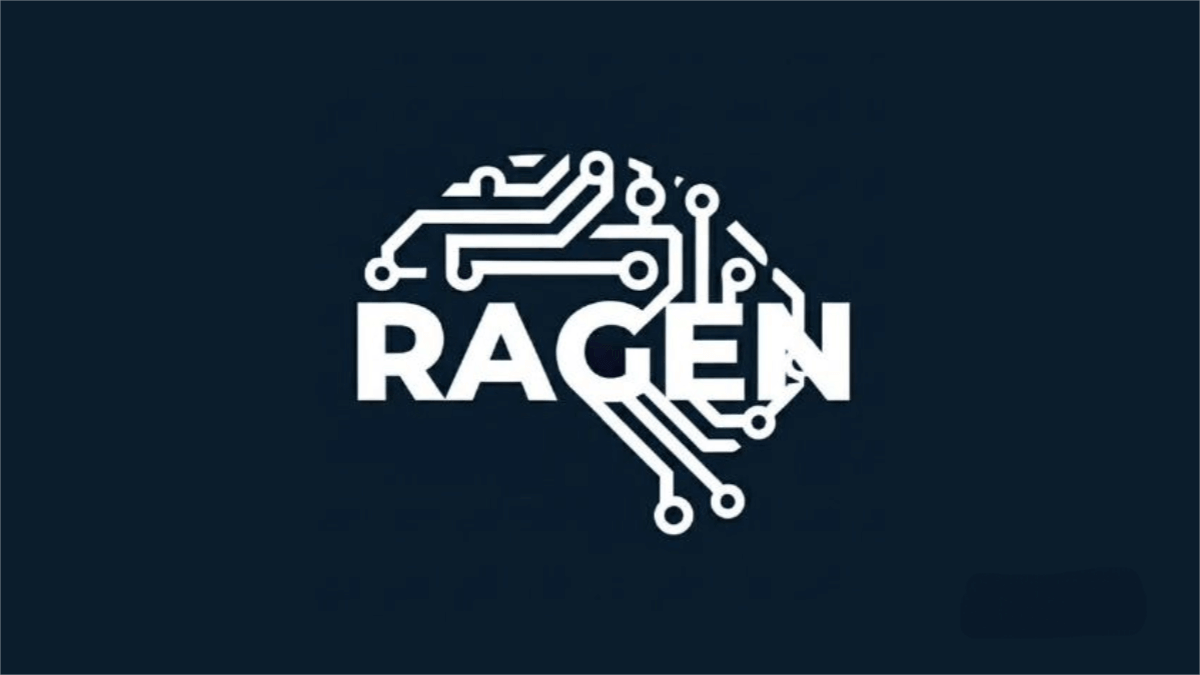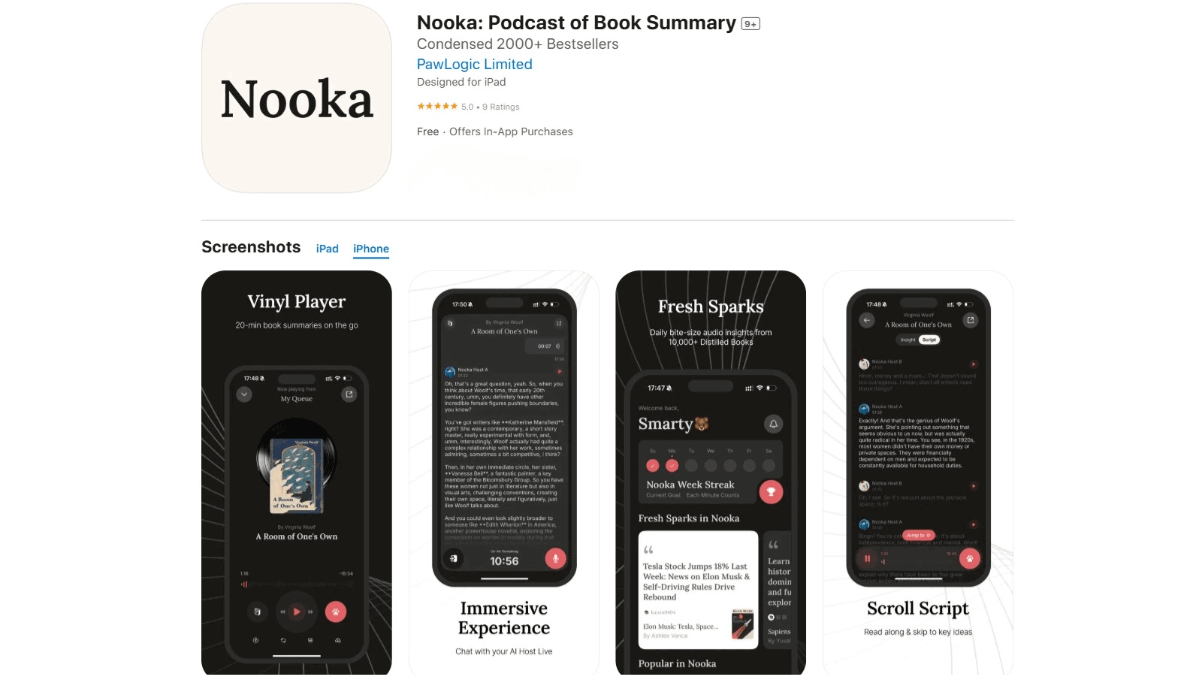Local Deep Research:Build Your Personal AI Research Assistant
🧠 What is Local Deep Research?
Local Deep Research is an open-source AI-powered research assistant designed to transform complex questions into comprehensive, citation-rich reports. It performs iterative analysis using any Large Language Model (LLM) and pulls insights from a wide range of sources, including academic databases, scientific repositories, websites, and even private document collections. Most importantly, it can run entirely locally, ensuring user privacy and data security.

🔧 Key Features
-
Multi-Source Integration: Gathers data from academic databases, scientific archives, online content, and local files to generate holistic research reports.
-
Iterative Research: Conducts multi-step, layered analysis to ensure thorough and accurate answers to complex questions.
-
Local Deployment Support: Can be run on local machines using LLMs like Ollama, preserving user privacy and sensitive data.
-
Summarization and Report Generation: Offers both quick summaries and detailed, segmented reports depending on user needs.
-
Document Processing: Supports local document ingestion and utilizes Retrieval-Augmented Generation (RAG) with vector search for precise results.
-
Parallel Search Optimization: Uses concurrent processing to speed up research and information retrieval.
⚙️ Technical Principles
-
LLM Integration: Built on the LangChain framework with support for a variety of large language models.
-
Search Engine Support: Integrates with engines like SearXNG, Wikipedia, arXiv, and DuckDuckGo for diverse content retrieval.
-
Vector Search: Employs FAISS to perform high-efficiency similarity searches for document queries.
-
Web Content Extraction: Utilizes tools like Justext and Playwright to parse meaningful content from web pages.
-
Local Installation Options: Offers easy installation via Windows installers and Docker containers for one-click deployment.
📍 Project Repository
-
GitHub Repository:
https://github.com/LearningCircuit/local-deep-research
🚀 Application Scenarios
-
Academic Research: Automate research report generation with citations for scholars and students.
-
Business Intelligence: Aggregate and analyze industry insights for market research and competitive analysis.
-
Education: Provide reliable reference material for educators and learners.
-
Personal Knowledge Management: Organize and analyze private documents and bookmarks to enhance learning and productivity.
Related Posts




